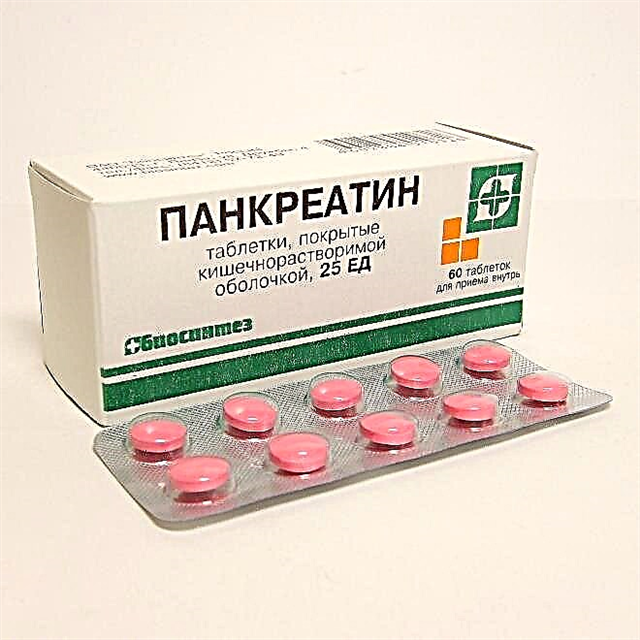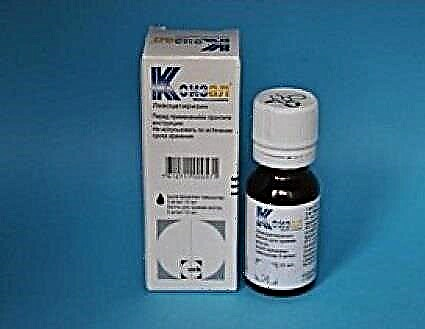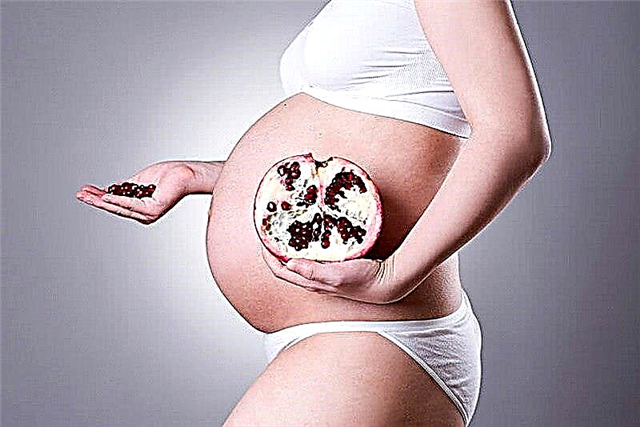
What could be more beautiful than a seaside holiday! This is a pleasure and a huge benefit for both adults and children. But a long-awaited vacation can be overshadowed by a child's sudden illness. Around the sun, summer, and the baby has a fever and diarrhea. In addition, parents do not understand where to run in an unfamiliar area for medicines.
Many troubles can be avoided by choosing the right medicines for your travel first aid kit.

Frequent dangers
To compile a list of medicines that a baby may need, you need to take into account the most common dangers that lie in wait for a child on vacation.
Poisoning, eating disorder. Nausea, vomiting, indigestion can occur as one of the symptoms of acclimatization in a child. And they can become a reaction to new and unusual food, unfamiliar composition of water, unlike the usual drinking liquid in their native area. A child, overplaying, can swallow sea water, and this is unsafe for digestion, especially during the period of algae bloom.
Cold. Fever, runny nose, cough are common signs of acclimatization. So the child's immunity is rebuilt under new living conditions.
Otitis. Inflammation of the ear very often overtakes babies after they have intensively bathed in the sea for several days. Inflammatory processes can also be caused by microorganisms that are contained in the water, and hypothermia, such otitis media is often referred to as “blown by the wind”.

Sunburn. Thermal lesions are especially dangerous for young children, they are accompanied by a high temperature, signs of intoxication and dehydration may appear.
Injuries. Well, what a children's holiday without scratches, bruises, abrasions and bruises! Some of these microtrauma require medical attention.
Lesions of the organs of the genitourinary system. Quite often, after swimming in the sea, the baby begins to develop cystitis. This unpleasant and painful condition will definitely require specialized medications.
Allergy. A new climate, new plants, new food can cause an allergic reaction, especially if the baby has a tendency to it.
Nervous breakdown, hyperexcitability... After arriving at the resort, the behavior of all children changes, this is also a sign of acclimatization. Some babies become lethargic and sleepy, while others - exactly the opposite. If a child has a disturbed night's sleep, he shudders, is often capricious, cries, gets nervous, he will also need help.

Rescue means
A sick baby and his upset parents should come to the aid of safe, low-toxic medicines of fast, not cumulative action. They must be appropriate for the child's age. The first aid kit must contain:
Antidiarrheal medicines. Their task is to quickly and safely stop the onset of diarrhea. For children under 1 year old - activated carbon, "Smecta". For children older - "Polysorb", "Enterosgel".
Antiemetic drugs. They come in handy for food poisoning, to cope with bouts of vomiting and prevent dehydration. Children under 1 year old - "Riabal", "Enterofuril". "Linex", "Tserukal" are suitable for older children.
Laxatives. For children of any age with constipation, you can use "Duphalac" and "Prelax".
Antipyretic drugs. For children from three months and older, you can take Nurofen for children, Panadol, Ibuprofen, and for older children, Paracetamol. It is worth giving drugs that reduce fever only after the temperature has risen above 38.5.
Antiviral agents. If the temperature is high, and against its background, the throat begins to ache and the nose clogs up, you can give the child an antiviral agent. Children under one year old "Viferon", "Anaferon for children", children over one year old - "Orvirem", "Tamiflu", "Kagocel".
From a cold. "Nazivin for children", "Nazol for children", "Rinofluimucil".
Against cough. Syrup "Ambrobene", "Sinekod", "Licorice root".
Ear drops for otitis media. Otinum, Otipax.
Antiseptics. It is better to treat wounds and scratches on the beach with the spray "Miramistin", "Sulfargin", hydrogen peroxide, iodine.
Sedatives. In case of nervous overstrain, sleep disturbances, Dormikind and Zaichonok help well, and Novopassit for older children.
Diuretics (diuretics). With cystitis and some other inflammatory processes of the genitourinary system, you can give children "Furadonin", "Urolesan".
Antihistamines. In case of an allergy attack, "Diazolin", "Suprastin", "Tsetrin" help well.
From sunburn. "Bepanten", "Panthenol".
For insect bites. "Heal-ka" cream or "Rescuer" ointment.
First aid kit rules
All medicines in the first aid kit must be with a valid expiration date. After. As you test them, pack your entire medication supply in a waterproof sealed bag, or use the special first aid kit available at any pharmacy or baby store.
If you are going to travel abroad, be sure to check if it is allowed to import specific drugs into it so that you do not have trouble with customs officers and police.
If a child has chronic diseases or systematically needs to take potent substances, be sure to put the doctor's prescriptions and prescriptions for these medications in the medicine cabinet.

Place emergency medications on top; less important medications such as sunburn cream can be folded into the bottom of your purse. Urgent and essential drugs include insulin (for diabetics), antihistamines, antipyretics, antiseptics, and hemostatic agents.
Try not to complete the first aid kit with rectal suppositories, they can melt from the heat. If you have purchased an expensive thermal bag, you should not worry about their safety. You should also not take ampoules with solutions, so as not to accidentally break them.
Watch the video, which gives recommendations for completing a travel first aid kit on vacation with a child:
What else should you take with you?
In your travel first aid kit, try to find a place for a number of other things. It is worth taking a thermometer with you to the sea for a child, preferably an electronic one. Be sure to put green stuff (preferably in the form of a pencil), iodine 5%, two packs of sterile bandage and one elastic bandage, tourniquet, dry ice, regular plaster, bactericidal plaster, cotton pads, cotton swabs, pipette, pharmaceutical rubber bulb for enemas in a sealed bag ... Add tweezers and sterile wipes.
Don't forget to bring sunscreen for children. In order not to miss them, you need to remember only one thing: the younger the child and the lighter his skin, the higher the protection factor of the cream or spray will be required. The usual range of protection for "children's" anti-tanning products is from 12 to 100. A swarthy baby needs a cream with an index of 15, a child with pale skin - at least 25. The higher the protection, the better.
Doctor Komarovsky's advice
Evgeny Komarovsky, the most famous pediatrician in Russia and the CIS countries, who enjoys indisputable authority among modern parents, believes that mothers should contact their attending pediatrician for help in putting together a first-aid kit on the road.
See the issue of parental leave here:
A qualified specialist knows exactly the history of the child's illness, his anamnesis, he will prompt individual vulnerable spots. If you do not have time to go to an appointment, you can get a consultation with a pediatrician by phone.
Evgeny Olegovich Komarovsky is sure that there must be scissors in the first-aid kit. He recommends that parents take with them a reliable safety pin, it is quite convenient to fix the bandages with it. The doctor advises using disposable syringes to flush the nasal passages, if such a procedure is required.



